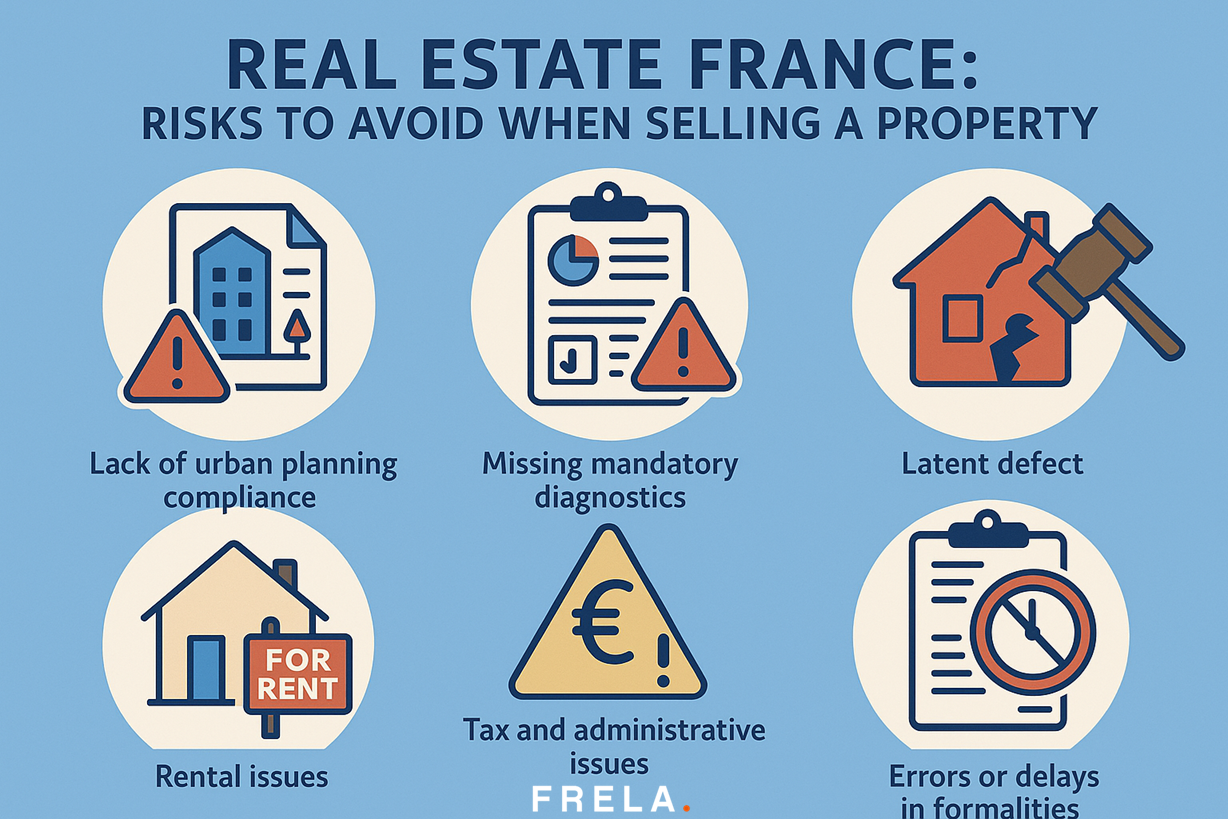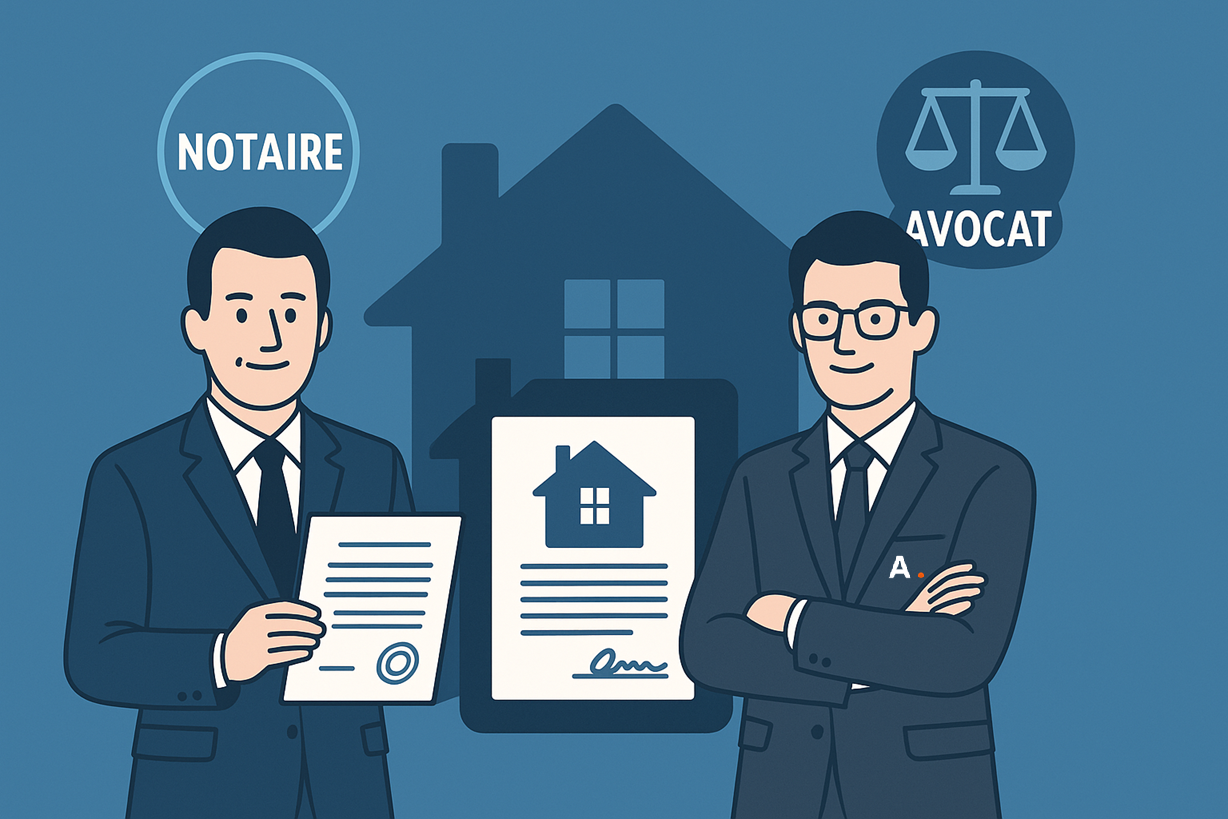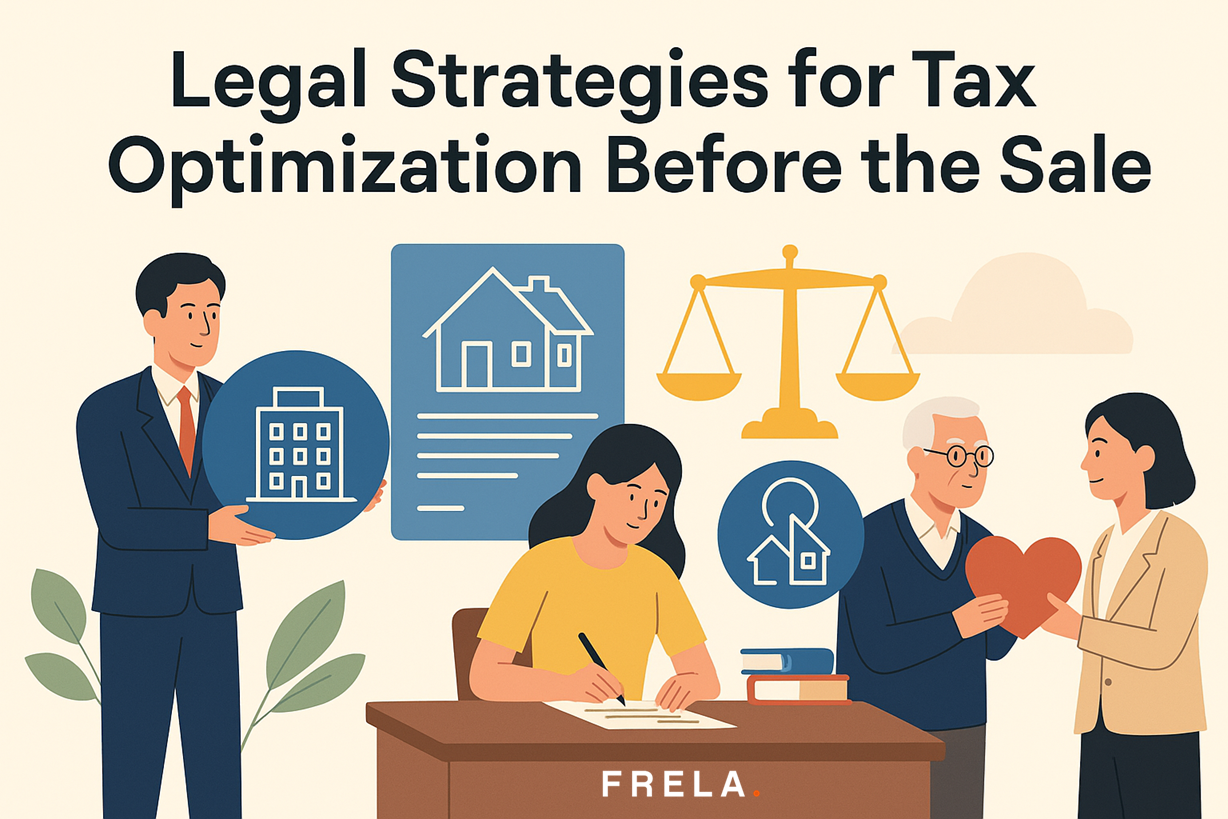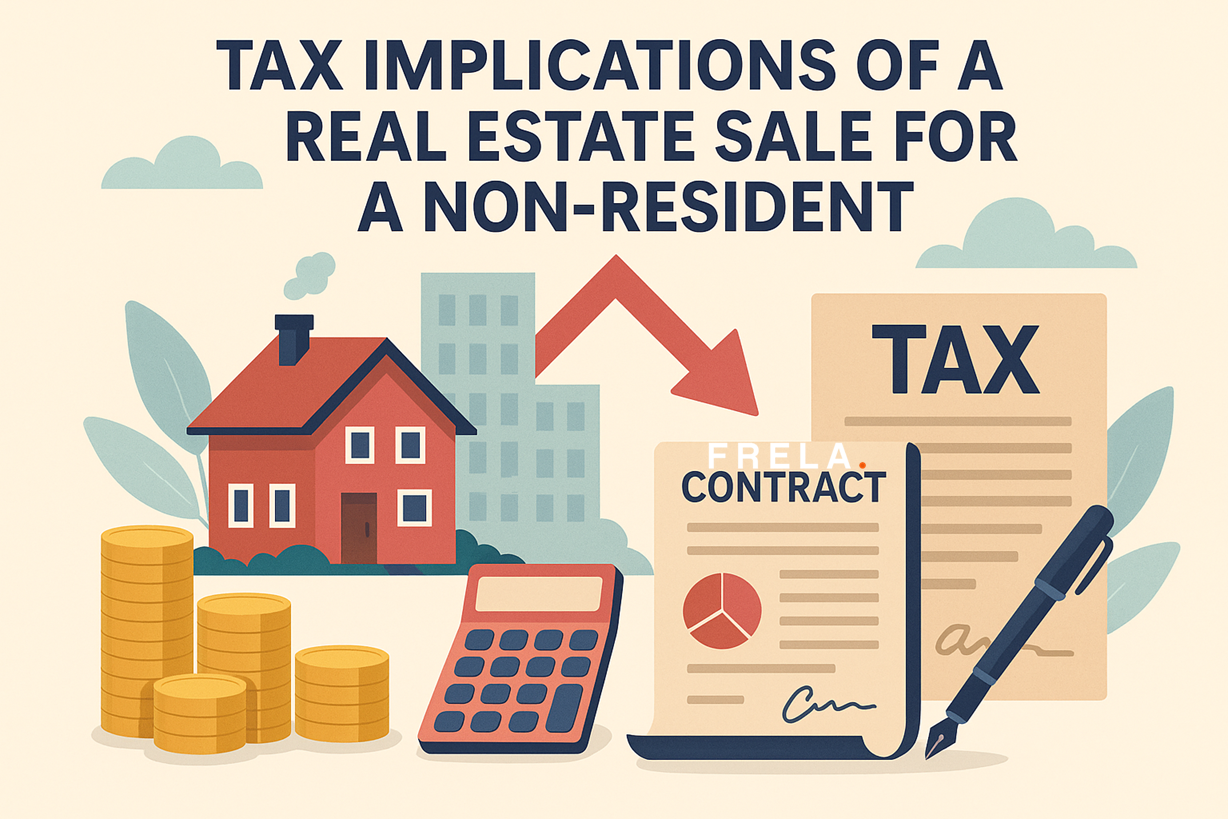How to Sell Real Estate in France: A Comprehensive Guide
When it comes to selling real estate in France, there are a few things you should know before getting started. The process is different than what you may be used to in other countries, so it’s important to hire a lawyer or real estate agent who is familiar with the ins and outs of the French market.
Additionally, it’s important to be aware of the various fees and taxes that are associated with selling property in France. These can add up, so it’s important to factor them into your asking price. Keep reading for a comprehensive guide on how to sell real estate in France, from the initial listing to the final sale.


The Real Estate Market in France:
The French real estate market is one of the most developed and vibrant in the world. The market benefits from strong competition and a solid infrastructure, providing buyers with plenty of options in terms of housing styles and prices. In addition, the overall market is very stable, due to the country’s robust economy, the lack of major natural disasters, and the quality of construction. Prominent locations like the French Riviera and Paris draw in investors from all over the world, creating high demand and premium prices for certain types of properties. However, it’s important to keep in mind that the real estate market in France can be volatile in some locations that depend heavily on tourism, such as the Alps or the Pyrénées mountains. Therefore, it is important to do thorough research before deciding on a property to invest in.
Why Now is a Good Time to Sell Real Estate in France:
The real estate market in France is still relatively strong despite the world economic downturn. Average prices across the country increased by 6.8% in 2022. This rate is expected to continue in 2023, making it an ideal time to sell real estate in France.
Additionally, the government recently passed a tax break on real estate transactions which has helped to further bolster the market by motivating buyers to take advantage of this incentive. In addition, the low-interest rate environment in France makes it easier for buyers to secure mortgages, resulting in increased interest from buyers. Furthermore, the strong economy, coupled with the fact that the euro is relatively strong against other currencies, makes France a tempting investment opportunity for both domestic and foreign buyers.
Where to List Your Property for Sale in France:
When it comes to listing your property for sale in France, there are a few options. The main ones are online classifieds, estate agents, real estate lawyers and your own website.
- Online classifieds are the most popular way to market your property since they have the widest reach and largest audience. The most popular of these are Se Loger, Logic Immo, and Leboncoin, with each having its own unique audience and benefits.
- In addition to online classifieds, you can hire an estate agent to market your property. Working with an estate agent ensures that your property is marketed to the right people, but it will cost you a commission.
- If your transaction concerns a luxury real estate sale or a business sale, then, to secure the legal and tax points of your transaction, it is strongly recommended to go through a real estate transaction attorney. Lawyers who are members of AAMTI (the main association of French lawyers and agents) will be able to put your property on the of-market network available exclusively to French and international clients of law firms who are members of the network.
- The final option is to create your own website where you can post photos, details, and contact information about your property. This can be a great way to create an impression with potential buyers if you’re willing to put the effort into creating a professional website.
Pricing Your Property Competitively:
When it comes to pricing your property in France, you should keep in mind that there is no single standard. Prices can vary significantly depending on the location, condition, and features of the property. In general, you should price your property competitively, making sure that it’s in line with the market. To do this, it’s recommended that you look at similar properties in the area that have recently sold. This will give you an idea of what buyers are willing to pay for similar properties. In addition, you should also consider pricing your property according to the current trend of the market. If prices in the area have been dropping, then you should consider dropping your price as well.
Negotiating Offers on Your Property:
Once you’ve listed your property and have a few potential buyers, it’s important to negotiate offers on your property. This can be done in a few different ways depending on if you’re selling through an agent or by yourself. If you’re selling through an agent, then your agent will usually take care of the negotiation process. They will analyze each offer and advise you on the best course of action in terms of accepting or rejecting it. If you’re selling by yourself, then you should be firm and unyielding yet still open to making a deal. The key is to remain diplomatic and understanding while also standing firm on your asking price. It’s also important to remember that negotiations don’t always have to include price. Other areas to consider include things like the completion date, who is responsible for certain costs, and any other contingencies or risks that need to be addressed.
Selling Real Estate in France:
The Legalities: When it comes to selling real estate in France, there are certain legalities that must be followed. One of the most important is to make sure that any agreements between yourself and the buyer are in writing and that the paperwork is completed correctly. It is also important to make sure that you are up to date with all local regulations and government procedures that are applicable to real estate transactions. Additionally, it’s recommended to seek legal advice before signing any contract or deed. This is especially true if you’re selling a property in a complex situation, such as a land lease, inheritance, or transfer of ownership.
Taxes on Selling Property in France:
When it comes to taxes on selling property in France, there are a few that you should be aware of.
- Firstly, you’ll be liable for capital gains tax (plus value immobilière) on the sale of the property. This can range from 19% to 34.5%, depending on the total amount earned from the sale.
- The second tax you’ll be liable for is stamp duty (droit de timbre), which is a fixed percentage of the sale price. This varies depending on the region, but typically ranges from 2-6%.
- Finally, you’ll also be liable for local taxes, known as taxe fonciere, which is calculated based on the property’s value. This is collected annually and the percentage usually ranges from 0.3-0.5%.
About the Author :
Business lawyers, bilingual, specialized in acquisition law; Benoit Lafourcade is co-founder of Delcade lawyers & solicitors and founder of FRELA; registered as agents in personal and professional real estate transactions. Member of AAMTI (main association of French lawyers and agents).
FRELA : French Real Estate Lawyer Agency, specializing in acquisition law to secure real estate and business transactions in France.
Paris, 19 Rue du Colisee, 75008 Paris
Bordeaux, 78 Cours de Verdun, 33000 Bordeaux
Lille, 40 Theater Square, 59800 Lille





